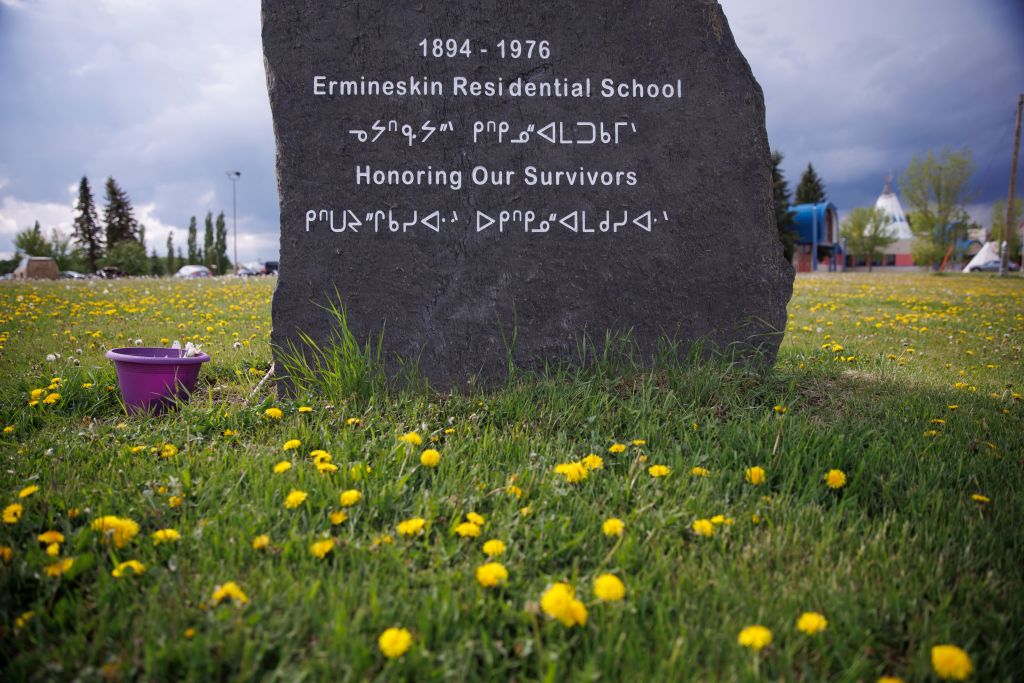New DNA technique could bring closure for families of missing and murdered Indigenous people
Martha Troian and Hilary Beaumont report on a new DNA tool used by Canadian and U.S. law enforcement agencies that is allowing Indigenous people find their family. But experts warn that the tool, which is fed with data owned by private companies, comes with risks.
A extract from the article: “Investigators believe this new DNA process has huge potential to solve cases involving missing Indigenous people. IGG comes with risks, though. The more people share their genetic profiles with online databases like GEDmatch, the more effective the technique becomes. But experts warn that the private companies that own these databases, or the investigators who use them, could use the information to violate people’s constitutional rights. Ultimately, it could become a new kind of colonial extractive industry, amounting to a loss of genetic sovereignty for Indigenous communities. Law enforcement agencies and groups that use IGG do not always disclose how the DNA data will be used, while recent database breaches by hackers and genealogists reveal how the lack of regulatory oversight leads to violations. And, for some Indigenous communities, there may also be a level of risk to traditions and customs. All this creates a new risk to Indigenous self-determination.”
The investigation was done by our Tiny fellows, Martha Troian and Hilary Beaumont. Read more about The Tiny Foundation Fellowships for Investigative Journalism and our fellows here. The fellowship is run by the Citizens in partnership with Canadian non-profit organisation the Global Reporting Centre.

